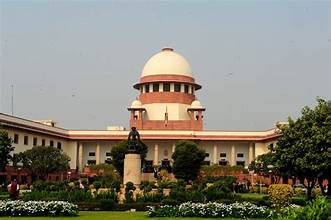In a recent landmark ruling, the High Court has shed light on the legal intricacies surrounding live-in relationships involving individuals from different religious backgrounds. Let’s delve into the details of this significant judgment and its implications.
Deciphering the High Court Verdict
The High Court’s verdict concerning live-in relationships involving a Hindu boy and a Muslim girl has sparked considerable interest and debate. This ruling has far-reaching implications for couples navigating the complexities of interfaith relationships in contemporary society.
Legal Analysis
Interfaith Dynamics
The court’s decision underscores the need to address the legal nuances inherent in interfaith relationships. By recognizing the rights and obligations of individuals from diverse religious backgrounds, this verdict reflects a nuanced understanding of modern social dynamics.
Protection of Individual Rights
Central to the High Court’s ruling is the emphasis on safeguarding the fundamental rights of individuals irrespective of their religious affiliations. This underscores the principle of equality before the law and ensures that all citizens are entitled to the same legal protections and privileges.
Securing Legal Recognition
One of the key takeaways from this judgment is the acknowledgment of live-in relationships as valid forms of companionship deserving legal recognition and protection. This marks a significant departure from traditional norms and signals a progressive stance towards alternative relationship structures.
Implications for Society
Promoting Social Inclusivity
The High Court’s verdict serves as a catalyst for promoting social inclusivity and acceptance of diverse relationship models. By extending legal recognition to live-in relationships across religious boundaries, this ruling fosters a more inclusive and egalitarian society.
Challenging Stereotypes
This landmark judgment challenges prevailing stereotypes and biases surrounding interfaith relationships. By affirming the validity of such unions in the eyes of the law, the court paves the way for greater societal acceptance and understanding.
Empowering Individuals
Crucially, the High Court’s decision empowers individuals to exercise their agency in matters of love and companionship, irrespective of societal norms or religious constraints. This reaffirms the principle of autonomy and self-determination in personal relationships.




